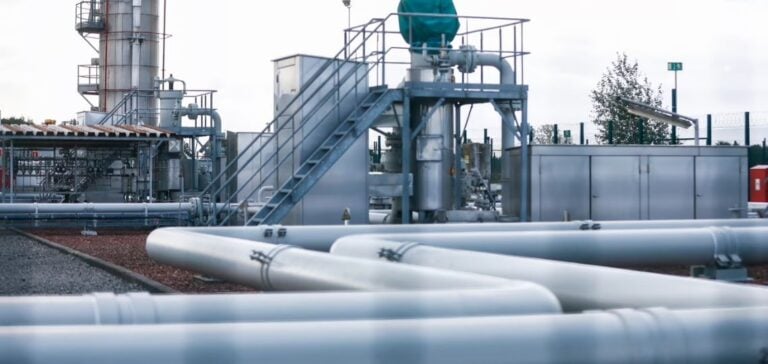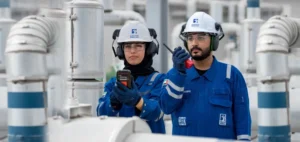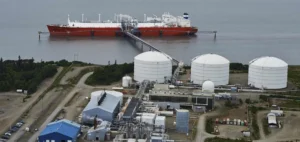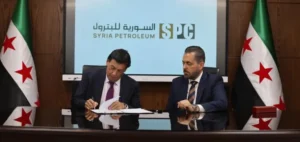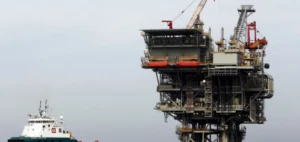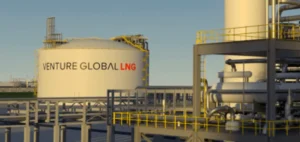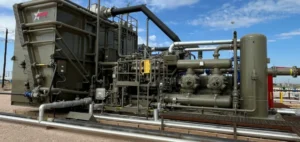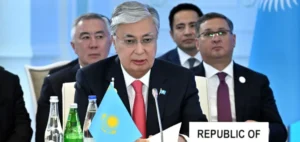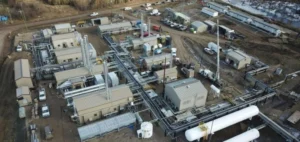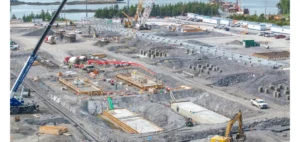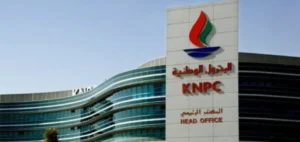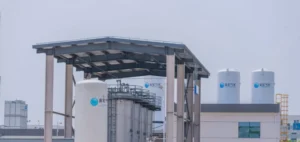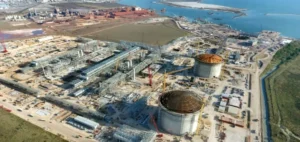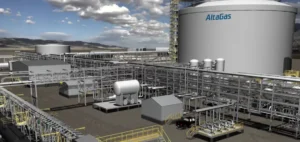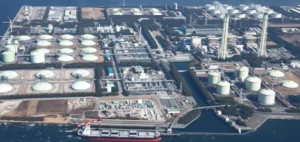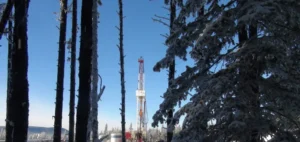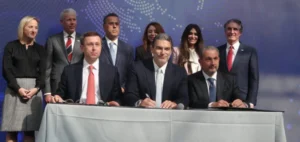Liquefied natural gas (LNG) prices in the Eastern Mediterranean are experiencing a notable decline due to low demand and abundant supply. Recent estimates from S&P Global Commodity Insights show that LNG prices in the Eastern Mediterranean for December now stand at $13.728/MMBtu, with a 13-cent/MMBtu differential compared to the Dutch TTF hub, a rare gap favoring Europe. This trend reflects a decrease in the typical premiums associated with the region, as regional demand for LNG has weakened due to current market conditions.
This situation largely stems from well-stocked gas reserves in several European countries, including Italy and Croatia. According to the latest Aggregated Gas Storage Inventory data, storage capacities are at 98.16% in Italy and 91.10% in Croatia, levels close to those recorded the previous year. These high storage levels reduce the appeal for additional LNG shipments, exacerbating price declines in the region.
Weak Demand and Shipping Costs
In parallel with the low demand, reduced shipping costs to the Eastern Mediterranean also play a role in the price decrease. Some suppliers with surplus shipping capacity are offering discounted cargoes, primarily for December, which contributes to lowering regional price premiums compared to Europe’s main gas hubs. This trend is further accentuated by the mild weather, which reduces heating needs and, by extension, demand for natural gas.
For example, prices on Italy’s PSV (Punto di Scambio Virtuale) hub have also seen a relative decrease compared to Europe’s major hubs, reducing the usual price spread and reflecting a diminished interest from buyers for LNG in favor of pipeline options, often more economically competitive.
Weather and Gas Flow Impacts
Warmer-than-expected temperatures in Europe are significantly influencing demand. If mild weather continues, a significant increase in LNG prices in the Eastern Mediterranean is unlikely. However, a cold spell could temporarily heighten the demand for natural gas reserves. As an Italy-based trader notes, “current weather heavily impacts demand, and if winter stays mild, there will be little upward pressure. On the other hand, colder weather or supply disruptions could reverse this trend.”
Geopolitical Consequences and Winter Outlook
The Eastern Mediterranean LNG market is also influenced by geopolitical factors, particularly changes in Egypt, which has become a net LNG importer. This shift in flow affects regional availability, especially due to transit constraints in the Suez Canal and reduced transit gas volumes via Ukraine. These elements increase supply uncertainties and create price fluctuations.
With reduced LNG supplies from North Africa and the Middle East, some analysts anticipate a price rebound if complications arise. Elizabeth Kunle, an analyst at Commodity Insights, explains: “Egypt’s shift to net-importer status is a significant factor this winter, as the global LNG market is already under pressure due to liquefaction capacity delays.”
The winter outlook remains uncertain and will depend on both climate conditions and supply. Market participants are closely monitoring European demand, which could evolve depending on weather conditions and potential supply disruptions, particularly as we move into early 2025.


